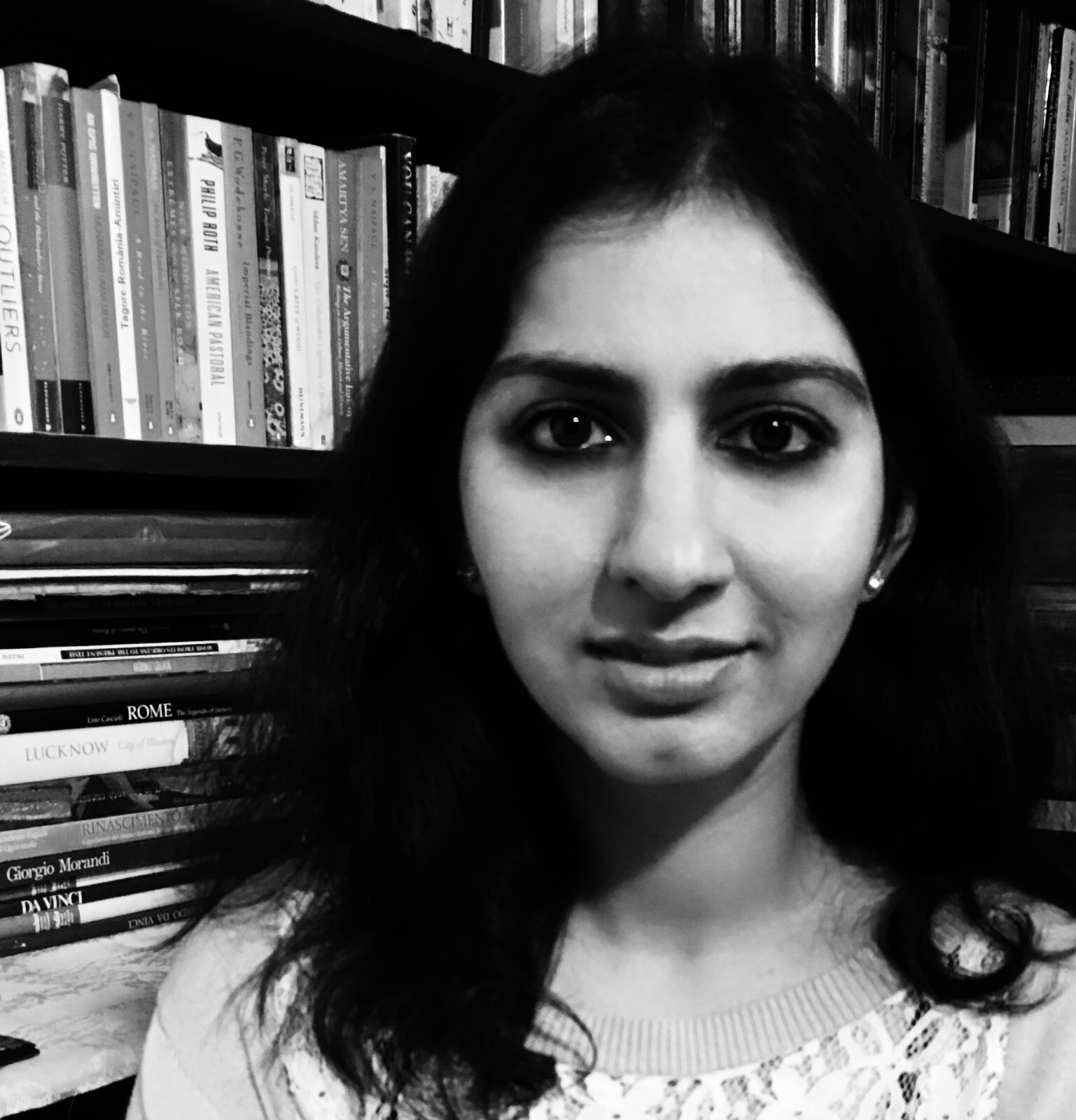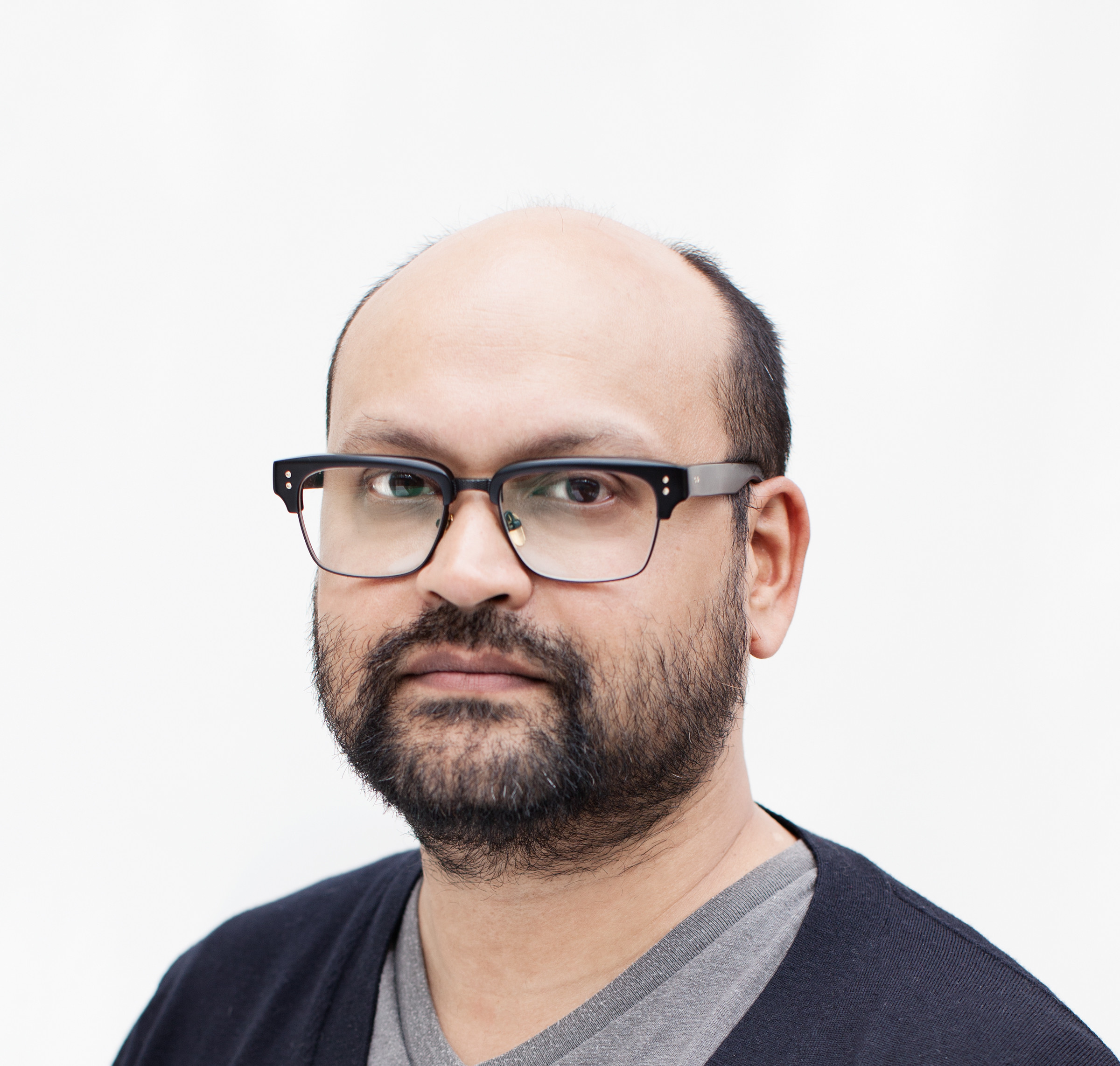Every year thousands of young men and women come to Bollywood in the hope of becoming the next big thing. Few make it. Bollywood Roulette gives a voice to these actors and educates those who are pursuing the Bollywood dream. TAWP speaks to Rahul Bajaj to uncover the truth behind the glitz and glam behind Bollywood…
Could you briefly describe what your book is about?
Bollywood Roulette: Inside the Struggle! is a fictionalised account of life in India’s film capital, Mumbai, through the eyes of aspiring actors who are trying to make it in the big, bad world of Mumbai and in Bollywood. Through my experiences as an actor and struggler in Mumbai, I have attempted to paint an accessible, candid, entertaining, reality inspired tale of hope, passion, ambition, lust, luck and life in the hitherto unexplored underbelly of Bollywood and from a previously undocumented point of view. The book centres around a group of acting students who meet at a renowned acting school in
Mumbai and takes the reader through their Bollywood journeys, providing glimpses into not just Bollywood but also modern Indian youth culture.
Did you ever think the book would be so well received by an Indian audience?
I am thrilled (and humbled) at the wonderful success the book in India. Bollywood induces great passions and exerts profound influences on the lives of all Indians—so, I guess the book has benefited from that innate demand. Beyond that, I also think that there is another factor that has made it a bestseller. I did not realise what an insatiable appetite there is for an insider’s account of the inner workings of Bollywood which my book provides. People are very curious to know what really goes on in Bollywood. Most books on Bollywood are either public relations exercises by existing stars/power brokers in the industry, or they have an academic/outside viewpoint and are sometimes inaccessible or too dry for the average reader in India. Efforts were made to keep “Bollywood Roulette” accessible, readable, pacy, entertaining and yet completely informative and true. I think I managed to hit a sweet spot in optimising all those factors!
So was it easier to write this novel than it was to ‘break into Bollywood’?
As all first-time novelists know, writing is relatively the “easier” part; getting published is difficult. I was lucky; the topic of my book appealed to a lot of Indian publishers. The problem in my case was that my original manuscript, which was 500 pages long, intimidated most. The tough part for me was to shorten the novel to a more commercially viable 300 pages. The publishers are very focussed on the commercial side of things (which, in hindsight, I fully appreciate!). So, to answer your question, writing was easier, editing was not—especially since I wanted to keep the key messages intact.
Your main character, Amrit faces the struggle to make it big into Bollywood as you have, did you draw from your own experiences here?
I think there is a lot of me in Amrit. But I also feel there isn’t a one-to-one correspondence between Amrit and Rahul Bajaj. I think I’m in many of the characters. Yes, the book draws heavily from my experiences and those of my friends and
colleagues who have been part of the “struggle.”
Were you conscious of the fact that readers may link characters in your novel to real Bollywood stars and directors, was this your intention? And were you aware of how this would consequently affect your career in Bollywood?
I have noticed that there is a great temptation to draw parallels between characters in my book and real-world personalities in Bollywood. I discourage that for two reasons. First, there is no one-to-one correspondence between each character in my book and a real person, but rather the characters are amalgamations. My aim has been to capture the
entire spectrum of people who populate Bollywood—from strugglers, to power brokers, to star families, directors, producers, politicians, pimps, industrialists, etc. For that, I have taken the liberty to create characters that are collages, but those collages have very real elements. Each of these characters represents reality. The phenomena represented in the book are very much based on my first hand experiences in Bollywood and those of other close friends and colleagues who have experienced the “struggle.”
My greater concern is to have the reader think why is it that the power structures in Bollywood allow concentration of power in a few hands? How is that power abused? How are economics and politics in India shaping Bollywood? What’s the
nature of the star system in Bollywood? Why is it that directors are forced to shoot abroad—why can’t they show India as it is? Why did the Mumbai floods happen? Do the young people in India actually perceive India to be “shining?” Why are young people today obsessed with fame and to what extent are they willing to go to achieve it? These
are some of the questions I’m after. The characters and the masala are there to make sure the book is readable and entertaining. My approach here is that of a social-scientist. The inspiration at the most fundamental level has been to show the real picture—without fear and without prejudice.
Your book has wide appeal, could you tell me why you wrote this book, and whom you wrote it for?
There is a very serious didactic reason why I wrote this book. Bollywood is a world that is perhaps least understood but most written and talked about, at least in India. Many young men and women jump into the “struggle”—with dreams of making it in Bollywood—with very little knowledge about how that world actually operates. I was lucky. I had an education to fall back on. But others are not. I have seen people destroyed—those who have jumped into the “struggle” without a safety net and staked everything on their Bollywood dreams. There are thousands of them. And before they
enter the proverbial “struggle,” they only have romantic notions about Bollywood. I wanted this book to serve as a refresher course for anyone who is contemplating a Bollywood career. Before they take the next train or plane to Mumbai to dive into the “struggle,” they ought to pick up a copy of Bollywood Roulette and read it. If nothing else, it will arm them with some useful information. By writing this book, I feel I have discharged a social responsibility. I wish a book like this had existed before I made my foray into Bollywood.
What’s your secret to success?
I think one must just do what one really feels passionate about, without fear and without giving up. Success or failure is unimportant. Of course, this might sound contradictory to some of the messages in my book; where it appears that adverse systemic factors can extinguish even the brightest of talents. I think when one comes up against a wall, the
best solution is to find another route. If there are no other routes, create one. Again, I am painfully aware of how difficult this is to do. Sometimes we need to understand what it is that motivates us, and re-discover our passions—that process of rediscovery can open doors we never thought existed. We must never cease to move.
Your book isn’t yet available in the UK, what are your plans for it in the near future?
Yes, the book has not been released outside India. I’m hoping to change that soon. The foreign rights of the book are with me. With the right publisher or agent, I look forward to bringing the book to UK readers and to readers across the globe.
Lastly, have you had any contact with casting directors since writing this book, or are you now pursuing a career away from Bollywood?
I’m not acting anymore. Right now I’m just basking in the warmth that the book is generating. I’m very grateful to my readers for the love and affection with which they have received the book. My next priority is to take the book to a global audience.
Rahul Bajaj was born in New Dehli. He studied Economics at LSE before embarking on a career as an investment banker in New York. He returned to India and began training to be an actor under Barry John. He moved to Mumbai where he joined in the struggle to make it in Bollywood. He played the main hero in Kabhi Hero Kabhi Zero. To find out more please visit http://www.bollywoodroulette.com.


